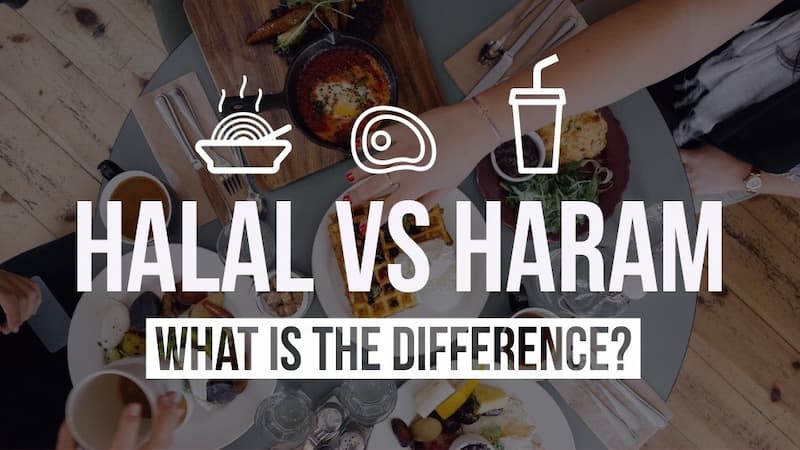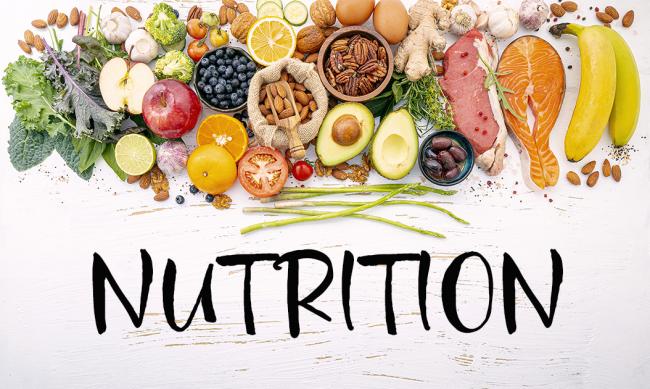
Halal and Haram concepts shape Muslims' daily lives deeply, influencing actions and decisions. Halal and Haram are Arabic words; Halal means "allowed" or "permissable" whereas Haram refers to "forbidden" or "prohibited". Islamic teachings dictate what is permissible, lawful, and ethical, guiding food choices, earning a living, and spiritual growth.
Food prepared in accordance with Islamic dietary laws is considered Halal, as is earning income through honest means, ensuring alignment with principles. Haram encompasses forbidden things in Islam, including pork, alcohol, cheating, and harming others, with prohibitions designed to protect individuals and society.
While Halal reflects purity, Haram serves as a reminder to avoid corrupting or damaging oneself and the community, promoting justice and harmony. In today's fast-paced world, the debate around halal vs haram is increasingly relevant, with Muslims facing complex choices about financial products, cosmetics, and food technologies. Avoiding interest-based transactions has led to rise of halal financial systems focusing on fairness and ethical practices slowly. Many Muslims scrutinize labels and certifications ensuring products they consume align with their beliefs closely.
What makes halal vs haram significant is role of intention (niyyah) deeply. In Islam actions are judged by outcomes and sincerity behind them thoroughly. Choosing halal over haram is about striving for life of integrity and spiritual growth passionately. This distinction teaches Muslims to consider consequences of actions and prioritize what is good carefully.
Ultimately principles of halal vs haram provide framework for balanced life. They encourage self-reflection and conscious living ensuring faith is present in every choice always. Ongoing commitment to discerning between permissible and forbidden fosters deeper connection to one's beliefs nurturing individual and society around them positively.

.jpg)